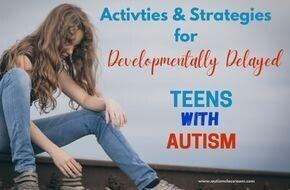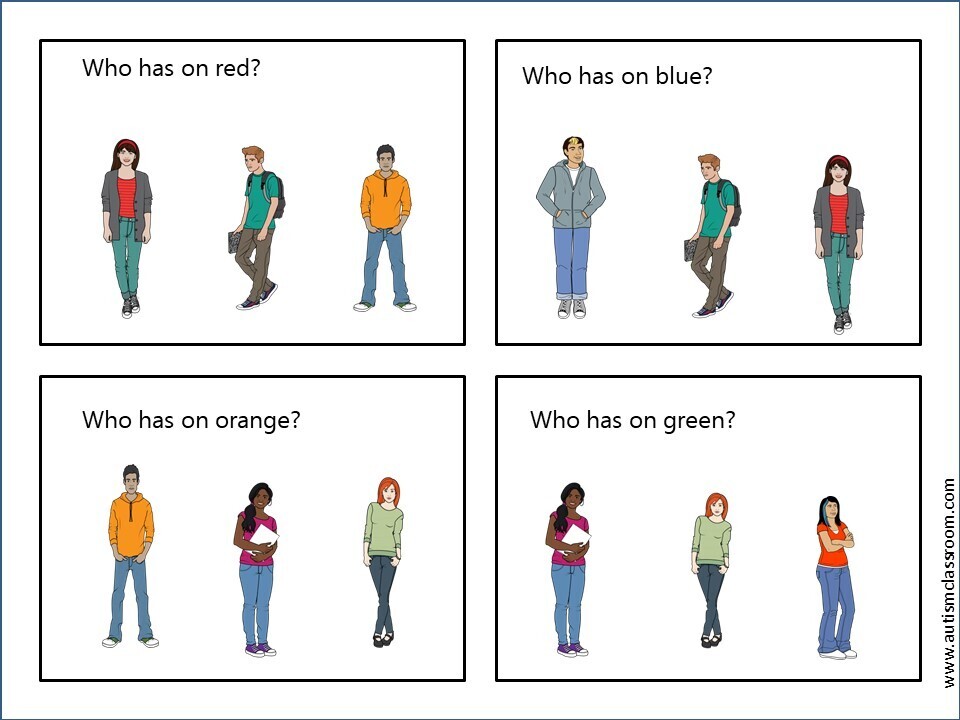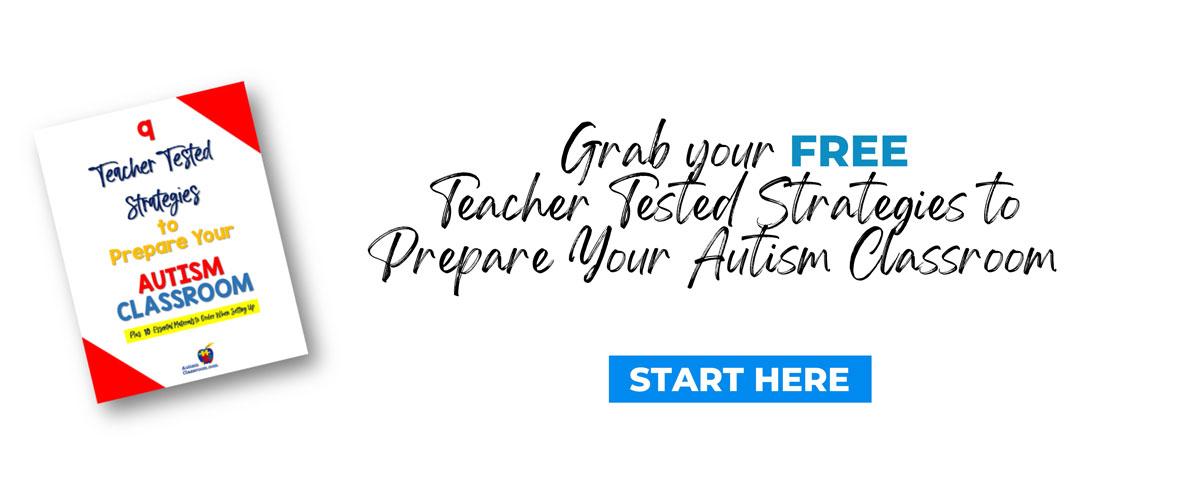Skill building should be fun.
Sometimes, as parent, caretakers or teachers of teens with autism, we get bogged down by the overwhelm of therapies, appointments, instructional lessons and checklists of acquired skills. But helping teens to develop these necessary social and self-help skills doesn’t have to be limited to the classroom, sterile offices or a few minutes a day. There are plenty of fun activities for your teen with autism to be involved in.
According to research, the average age of an autism diagnosis is around 4 years old. Many researchers and pediatricians suggest an early diagnosis and treatment plan that includes intensive instruction and educational/community supports.
Even if a child is diagnosed early in life, autism may continue to affect children into their teen and adult years.
A teen with autism may be impacted by their disability within school, home and community settings. It is important that parents and teachers are aware of the child’s strengths and needs. Teens with autism might experience a wide variety of struggles including coping with emotions, social skills, and perspective taking.
Here are some strategies that parents and teachers can use to help ease the difficulty and allow their teen to build skills and have some fun at the same time.
Use Predictable Schedules
Teens with autism can be thrown off when their schedules become disrupted or changed. Parents and educators can ease the stress for the teens in their lives by keeping a predictable schedule. Predictable and consistent schedules help your teen know what to expect in their day to day lives.
Of course, there will be times where schedules need to be revised and changes need to be made. When this is the case, parents should foreshadow any changes ahead of time to allow time for their teen to mentally prepare.
Today, there are so many ways to make schedules, including letting technology help you. From smart watches to smart phones, try finding whatever method will be used best by your child. If they are not an option, good ole' paper and pencil on a calendar will still work!
Be Specific and Direct with Communication
Teens with autism might have trouble understanding different social situations or reading between the lines. Parents and teachers should be direct and specific when giving directions or asking your teen to complete a task. Speak clearly and avoid sarcasm and joking.
It is a good idea to avoid any gray area when given instructions to a teen with autism. Unless the teen is being taught how to read “between the lines”, it will benefit the teen to keep your conversation specific and direct.
Provide Explicit Teaching with Worksheets
Teens with autism may struggle in different social situations. It is common for teenagers to display behavior that may need to be worked on. Neuro-typical teens learn what is expected and unexpected behavior naturally by expereincing life, reading social cues and remembering consequences. Most of their learning from social situations comes through experience and trial and error.
On the other hand, teens with autism may have been unable to pick up on social cues from their peers or others. They might have been unable to learn these skills during their childhood years. Sometimes, due to this, they might continue to display unexpected behavior throughout their teens.
For this reason, youth with autism may need to be taught explicitly about social skills through social skills worksheets or other worksheets made specifically for teens. 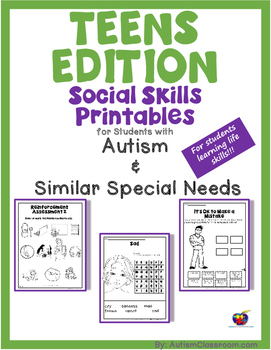
Learning about social interactions and about what is expected and unexpected behavior within certain social situations takes direct practice and instruction. Parents and teachers of teenagers with autism should set time aside to directly teach these skills. Sometimes, some teens still may have a need to pick up some basic skills like the ones taught in the task cards below.
If you are looking for worksheets and resources made specifically autistic teens, check below to see the Autism Classroom resources for teens. 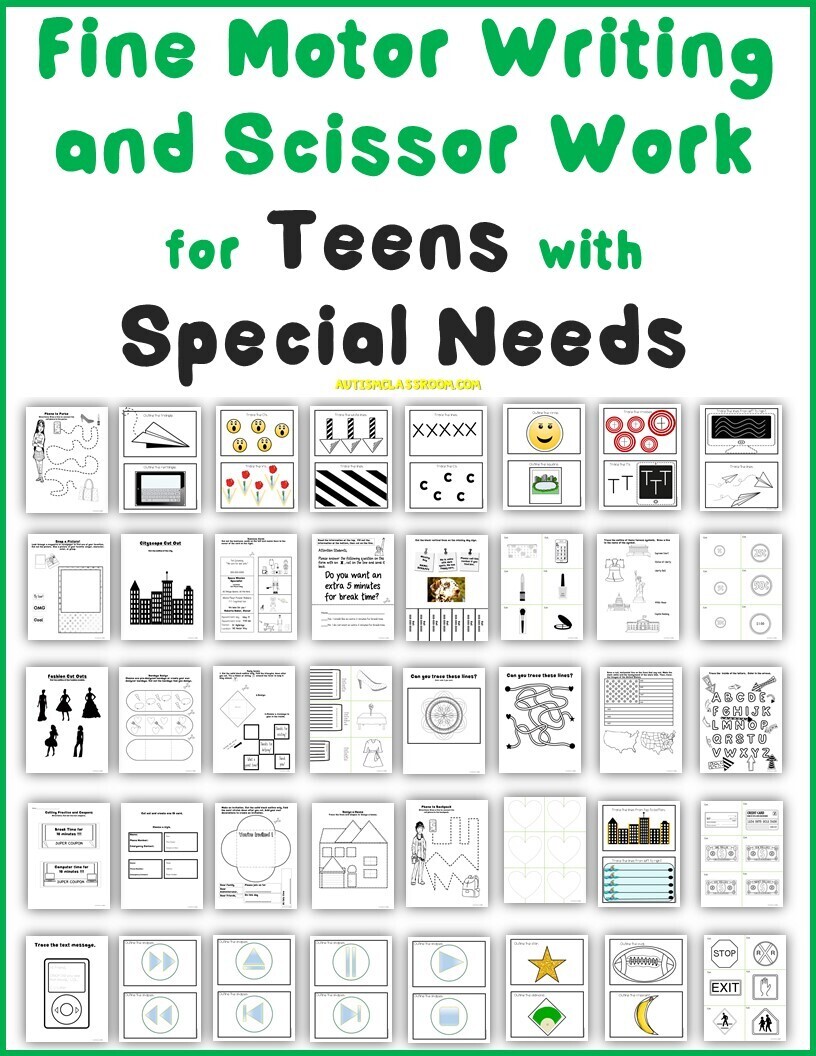
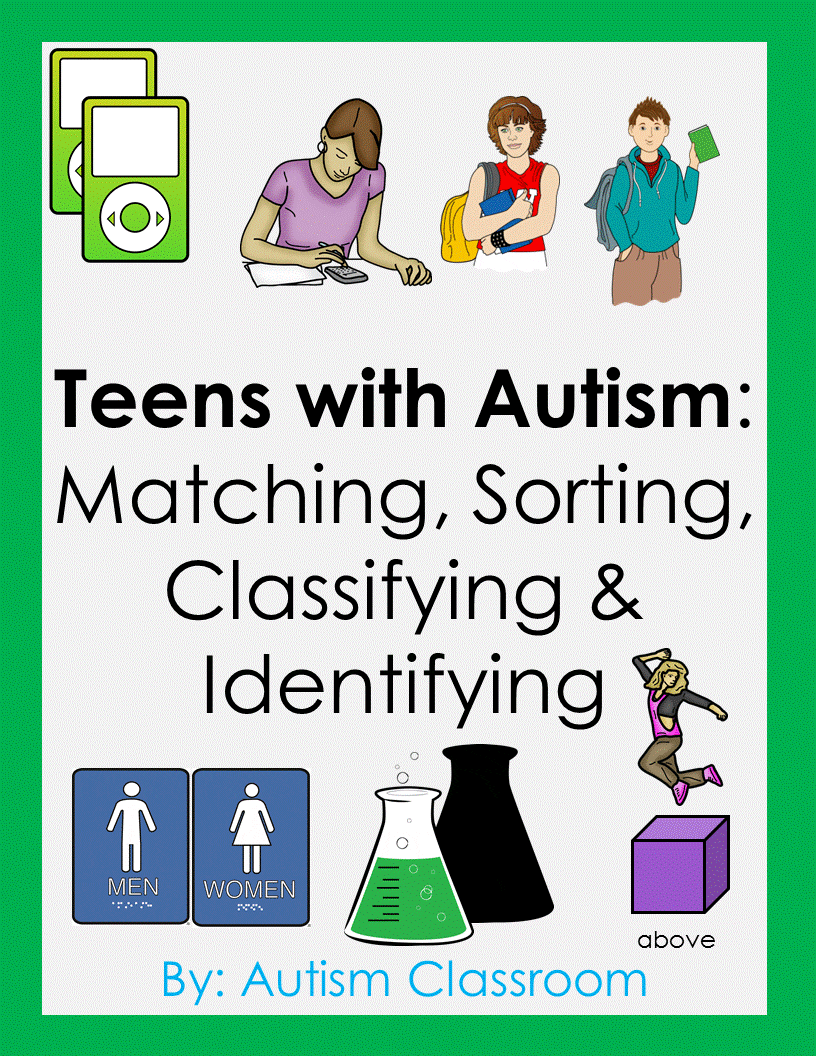
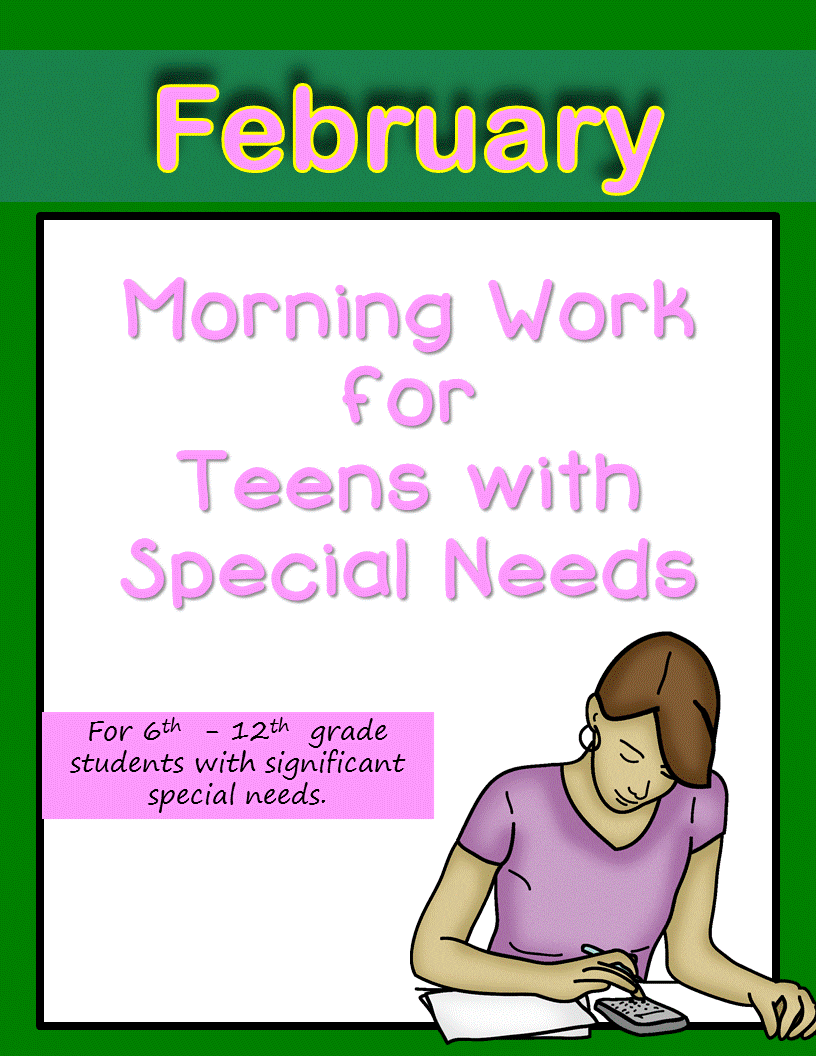
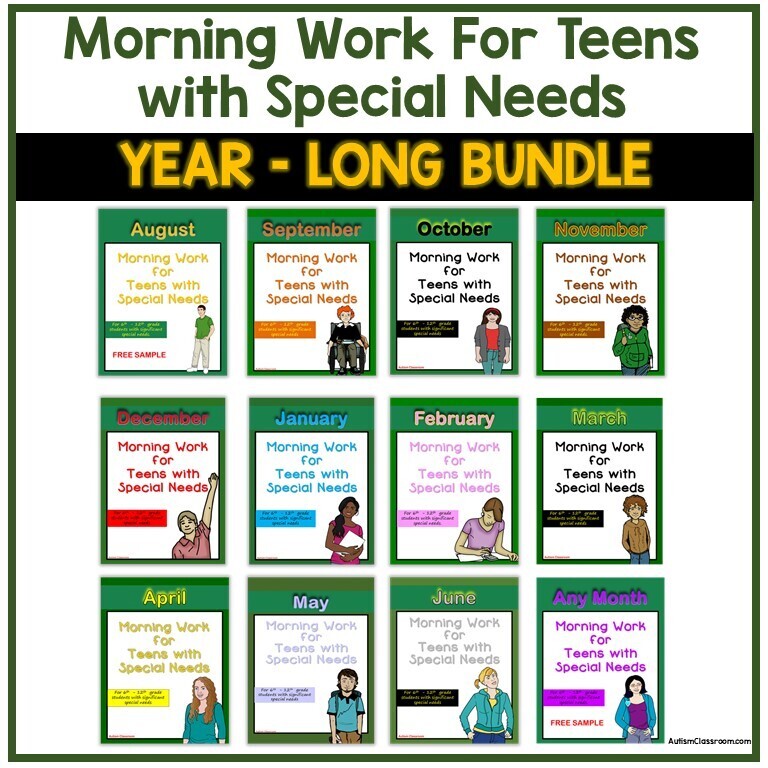
Work on Executive Functioning Skills
Executive functioning skills are skills people use to plan, self-monitor, manage their time, remember to do things and switch up their thinking if they get some new information and need to change course. With that, you may already know that some of these skills are extra difficult for some teens with autism. Even when they really want to do them. Because of this, it is up to the adults in their lives to help them to learn some of these skills. One way to do this is to first identify which skills are lacking and which skills are needed for that individual teen. Possibly, help them navigate these skills with a narrative that provides them with a "game plan." These Executive Functioning Social Narrative Stories provide students with five 1-page stories that serve as a reminder of how to tackle some of these difficult skills.
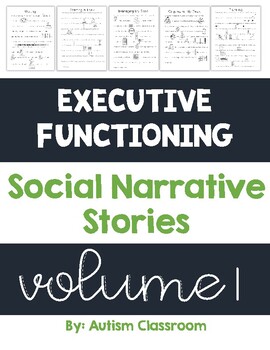
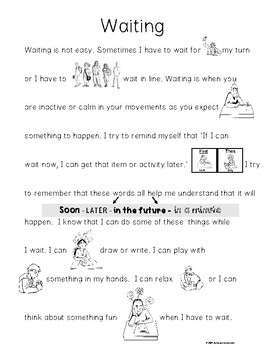
Another way, as mentioned before, is through direct lessons like the ones in the Executive Functioning Printables, which may work well for any students learning life skills whose special needs include developmental delay and the need to learn executive functioning skills. The printables can supplement any curriculum or they can be used daily as a discussion starter for developing appropriate executive functioning skills. The resource includes executive functioning skills related worksheets that require variations in response styles for many answers (ex. matching, cutting, circling, and pasting.)
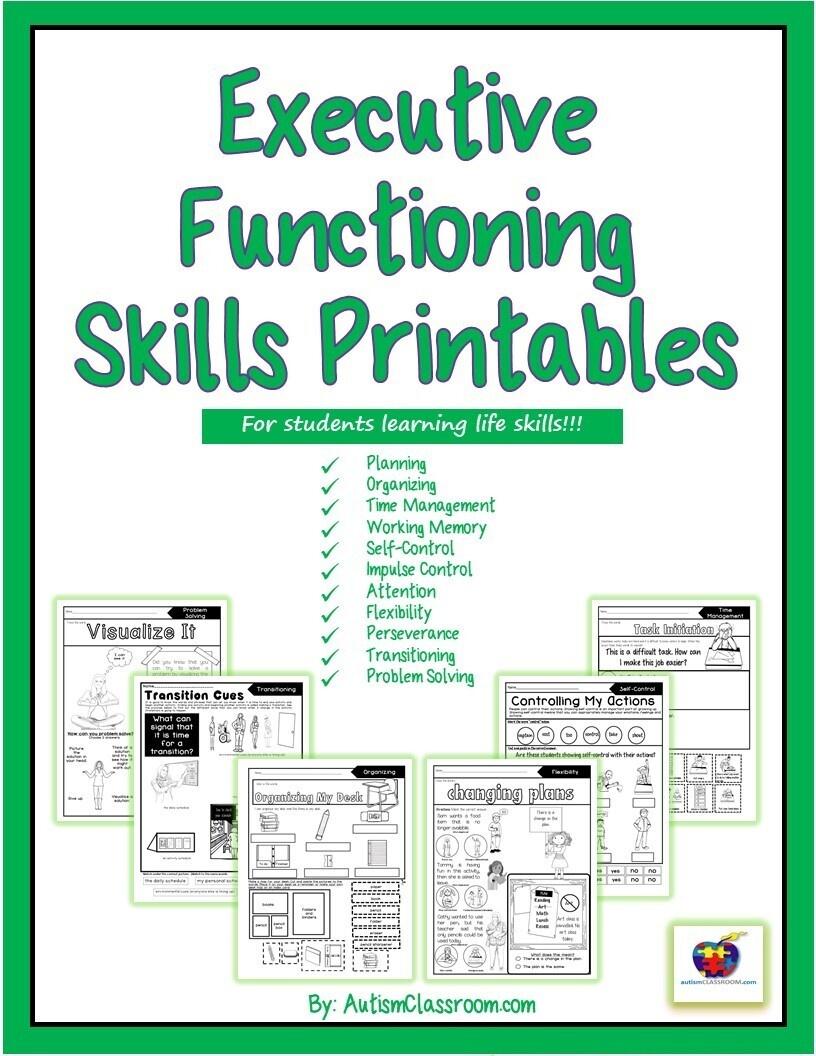
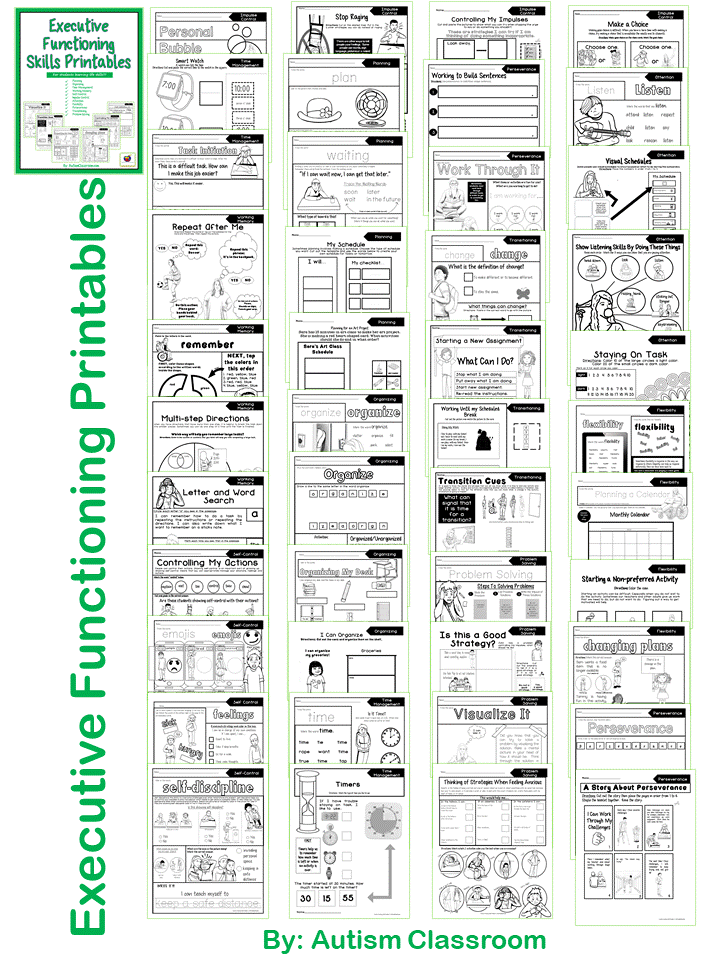
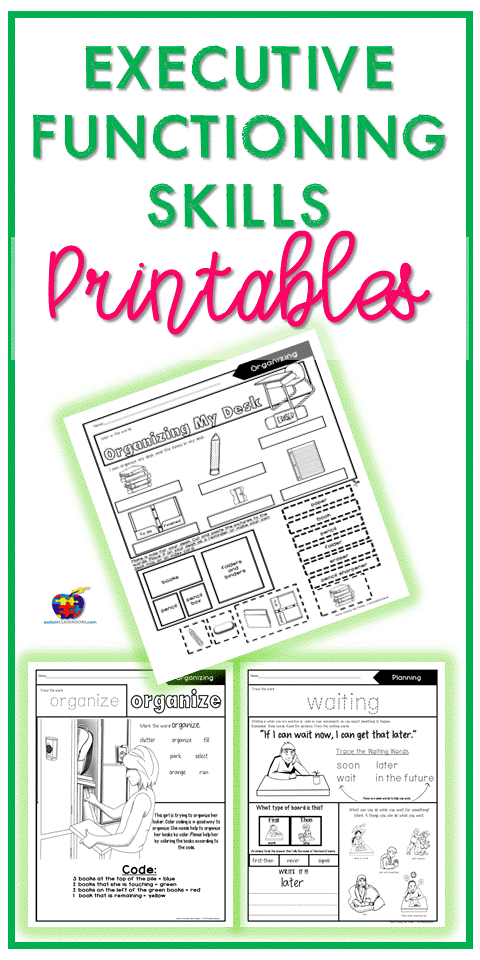
These also come in a workbook here.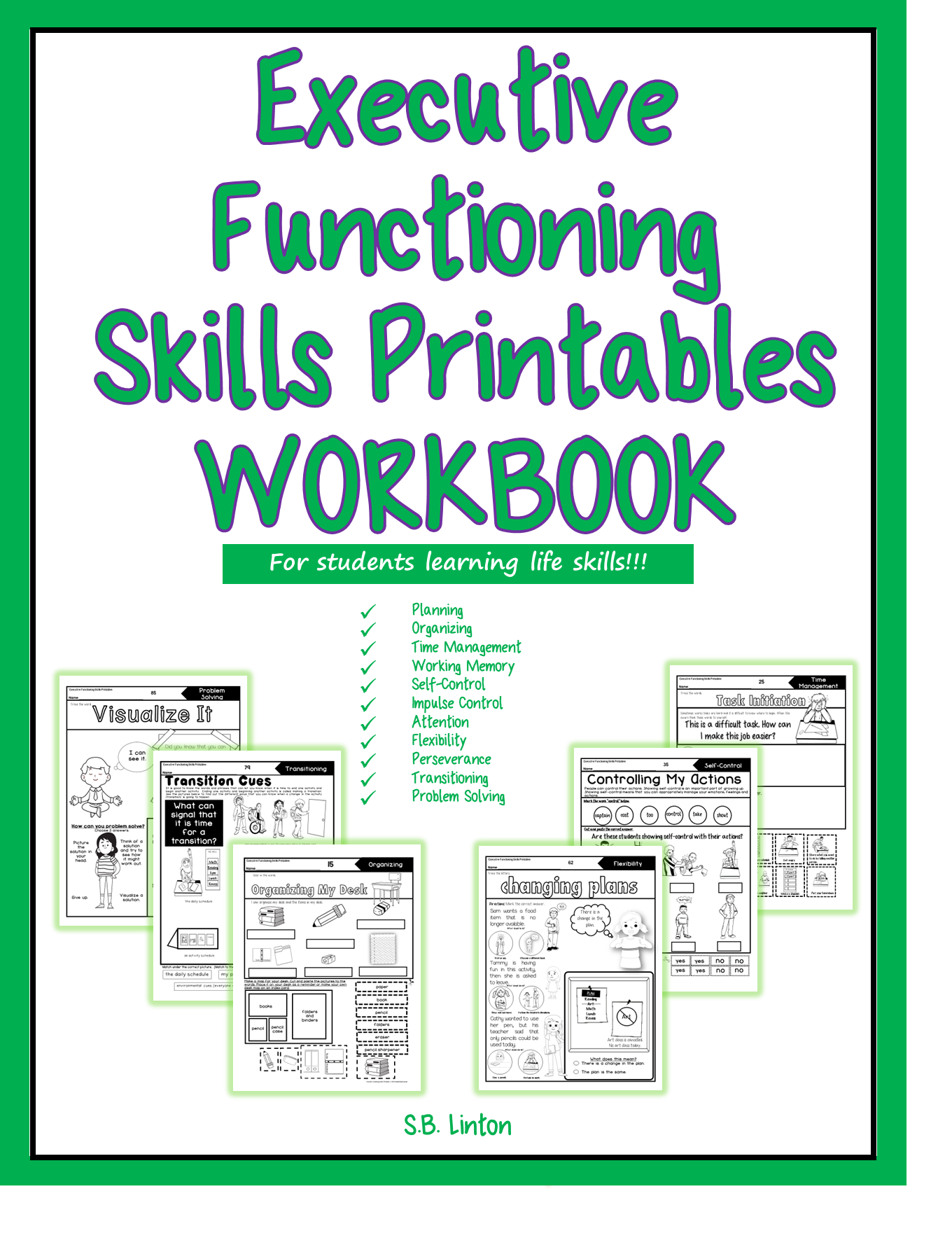
Additionally, cooking is an activity that relies on executive functioning skills and can help with planning, time management and so much more. Meal planning and preparation can help teens improve on important daily life skills. Cooking with someone and sharing meals is also a great way to work on social and communication skills and of course eating is often a pleasant activity for teens. So it may be a quick win as long as you remember to use visual supports or visual directions and shatter-proof cookware if needed.
Expose Them to New Situations
While explicit teaching is important, it is just as important for teens with autism to practice their learned skills in real world situations. Activities such as going to the park, library or trying out different clubs or sporting activities can help build skills. For example, joining a local theater can be a great way to meet new people and be part of a group with a shared goal. Whether your teen is on the stage or in production or in the audience, it is an excellent opportunity to get to know people well and work alongside them and develop friendships.
Additionally, animal care can help any teen find purpose. Caring for animals significantly improves social behavior in people with autism. Animals can provide companionship, reduce stress and anxiety, and give teens a sense of responsibility. A family may consider owning a pet or letting their teen volunteer at an animal shelter, foster kittens or puppies, try horseback riding, or find work with animals at a local farm.
Teens with autism may need extra help and support while experiencing their new surroundings. They will most likely benefit from visual prompts and visual reminders about what they learned through their explicit direction instruction. If you are teaching a teen with autism, remember to help them practice what you are teaching them in a safe way. But also, remember to create visual supports that will help them remember what they have been taught.
Art & Music as an Outlet
Art is an excellent way for your teen to express themselves. There are a variety of mediums to try with as many tactile experiences. In a class, your teen will also be interacting with the teacher and fellow students, providing an opportunity to connect with people.
Gaming and Sports
Family game nights are still a great way to bond. Board games help teens and their siblings practice patience, taking turns, and following rules. Group games like charades encourage them to open up, be silly, and try new things. But if they cannot play the game in the traditional way, it is ok, just make up a style the works for your family.
Enjoy the Journey
Skill building is a life-long activity. Teens with autism will appreciate an infusion of fun into these moments.

On This Site:
If you are looking for some more ideas, check out the list of lesson ideas and activities for teens here.
Related Articles:
Ideas for what to expect in the teen years are here.
This article discusses signs of autism in teens.
A checklist and list of strategies is here.

